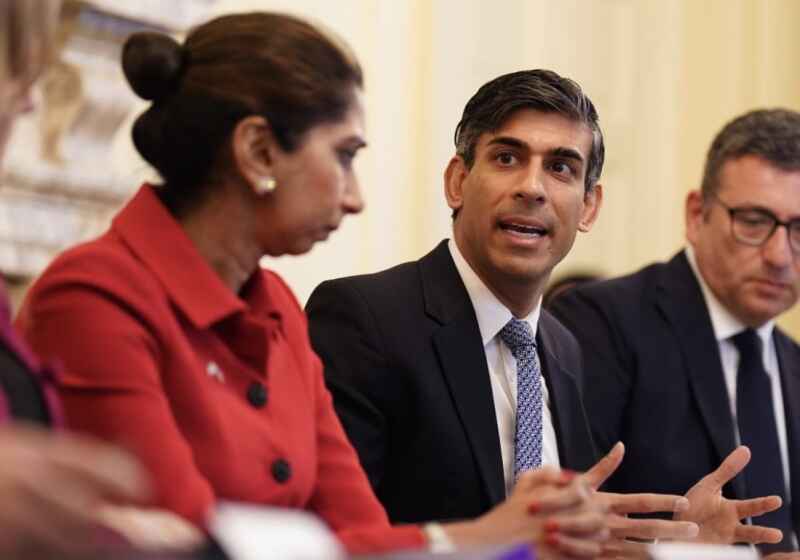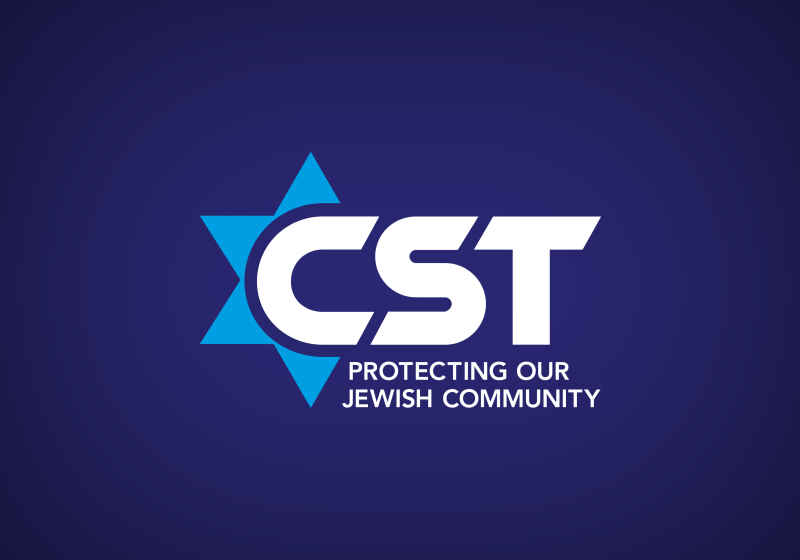CST Blog
Genocide in Darfur: remembering the continued conflict
26 February 2019
Today we mark the beginning of the ongoing war in Darfur, which began in 2003. Thousands of villages have been destroyed and hundreds of thousands of people have been killed. CST is marking today as the ongoing conflict has been labelled a “genocide” by the International Criminal Court, a crime which the Jewish community is all too familiar with.
Darfur has historically been a peaceful region of Eastern Africa, with several ethnic groups living together in peace. However, the Sudanese Government has been labelled racist for “favouring Arabs over Black Africans.” The conflict in the region began when two militia groups, including the Darfur Liberation Front, began to attack Sudanese Government military targets. The Government then began to arm the ‘janjaweed’ militia – the devils on horseback – consisting of members of the lighter-skinned nomadic Arab population – who have attacked the sedentary black African farmer population of the region.
Between 200,000 and 400,000 civilians are estimated to have been killed and 2.6 million people are displaced in Darfur. Many have been forced to flee their homes to refugee camps based in Darfur and Chad. Many women and children in the region have reported violent rape being used as a weapon of war. Dr James Smith, the co-founder and Chief Executive of The Aegis Trust, a non-governmental organisation for the prevention of genocide, and the Co-Founder of The Holocaust Centre, said; “one of the worst features of this whole period, from 2003 up until 2009, has been the rape of women which has been widespread and apparently condoned or even encouraged by the Government and the Janjaweed leaders.”
The conflict is still ongoing. The arrest warrants, issued by the International Criminal Court against Sudanese President Omar al-Bashir for the crime of genocide, are still outstanding.
The international reaction to the conflict has been labelled “appallingly weak”. As a community that has faced genocide due to our religion, we must remember other communities who are being murdered due to their religion or skin colour, wherever they are in the world.
[Cover image: Refugees in Darfur, Sam Ouandja 04]


